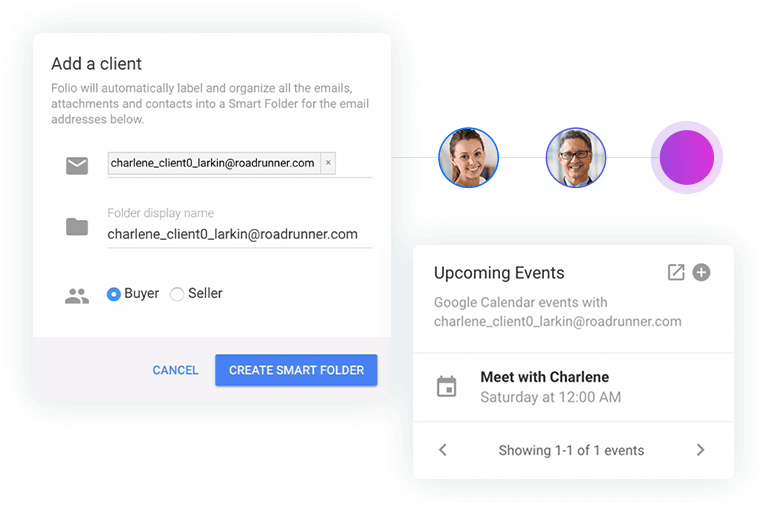
It matters where you hang your hat. Most real estate agents understand how much the choice of a home matters to home shoppers. But what about when it comes to agents choosing a brokerage?
As any industry veteran will tell you, the brokerage you call home plays a big role in your career in real estate. It’s always a big decision and there’s no shortage of options.
It can be difficult to know how to choose a real estate brokerage. You will have to know what to look for and what options might work best at this point in your career. Plus, you have to stay on top of how the real estate industry is changing, because that will affect your choice.
Narrowing Down the Options
At last count, NAR reports there are over 100,000 brokerage firms in the U.S. And there are successful agents at each one. So how do you find the brokerage that’s right for you?
Every brokerage has its strengths, and there are many factors you could consider when picking a brokerage, including:
- Brokerage reputation
- Market reach
- Size and location
- Inventory specialties
- Commission options
- Franchise and desk fees
- Workplace culture
- Admin support
- Marketing and leads
- Facilities and resources
- Training and mentoring
With so many options, it’s important to focus on what’s must-have and not nice-to-have. You’ll bring a motivation to learn, work and grow. But what does the brokerage bring to the table?
A good start is to look at how a brokerage compares in terms of:
- Commission splits
- Training and support
- Leads
What’s the Commission?
This question is often top of mind for agents and for good reason. The commission options, splits, caps, agent fees, transaction fees, and more, all play a big role.
Some big names, such as Keller Williams, are very clear and transparent with their commission structure. For other brokerages, it depends. Each office may negotiate its own split with agents, which could range from 60/40 to 100% after you’ve met your cap.
Newer models minimize the role of commission, which can be good if you’re risk-averse.
The NYC firm Yoreevo has been noted for its business model of salaries and benefits to better serve clients and aid recruiting. As a hybrid brokerage, Redfin pays salaries, benefits and bonuses to agents, attracting more deals with its low, flat listing fees.
It all depends on what you’re looking for at this point in your career. Some agents chase better commission splits before they’re ready, forgetting that 100% of zero sales is still zero.
Even if a brokerage appears to have a below average commission structure, you could come out on top if the support and resources are there.
What Training and Support Is Available?
Ask yourself what kind of company you’d like to work for, and you’ll start to have a better idea of what kind of training and support structures to seek out in a brokerage.
Here, the traditional brokerages really shine. Coldwell Banker offers training and mentoring through its Coldwell Banker University programs, making it great for agents new to the business.
Keller Williams is another traditional brokerage that offers extensive training in person and online, and has developed a mentorship program that ties in recruiting and profit sharing.
Or for a change of pace, there’s virtual brokerages like eXp Realty, which offers a ton of self-paced remote resources and remote networking to mentor new agents and build ties across the company.
There’s close to a 50/50 split of agents who choose one of the big-name brokerage franchises versus small, independent brokerages. So if you like more freedom and less training, you’re not alone.
But be aware that with an independent brokerage you’ll need to do more legwork for marketing, lead generation and conversion, which isn’t always a bad thing.
What About Leads?
You may already use Folio to manage your communications with clients, but make sure to find out what the brokerage will do to help you get new clients through marketing, referrals, and lead generation.
While it’s usually up to agents to generate their own business, many big brands now offer agents access to high-tech marketing and lead management tools.
Century 21 invests heavily in online ads targeting millennial home shoppers, while other brokerages focus their lead efforts on different markets.
Tech-based brokerages also really shine when it comes to leads.
Compass has leveraged its in-house technology to help its agents increase productivity and profitability. Realogy has invested in lead nurturing with transaction journey tech that helps connect agents and consumers. And eXp Realty‘s remote real estate capability tech has made it a favorite with part-time agents.
Some brokerages can also bring in leads on name recognition alone. RE/MAX is one of the most recognized brands in the industry, and it’s known as a favorite home for established, high-performing agents, who leverage the brokerage’s brand to do even more business.
Conclusion
When you start comparing brokerages, you’ll find there’s a bunch of different setups. But no matter which one you choose, make sure it supports its agents.
A talented, motivated agent can excel under many commission models, as long as there is support for your training, marketing and lead generation efforts.
Traditional brokerages have a lot to offer, but don’t be afraid of technology-based brokerages if that feels more like the right fit for you at this point in your career.
Finally, once you’ve made the decision, commit. Make the most of every opportunity to learn and grow.
Who we are
We've built Folio: the first AI email assistant for professionals.
Folio plugs directly into your work email inbox and automatically organizes your email, giving you contextual access to all the information you need to increase your productivity in minutes.
We are a team of passionate product people and engineers that gets excited about solving complex processes and creating value for people.
We're a venture funded company backed by Accel Partners, Vertical Venture Partners, and other leading venture capital firms and angel investors such as Ash Patel and Jerry Yang.

